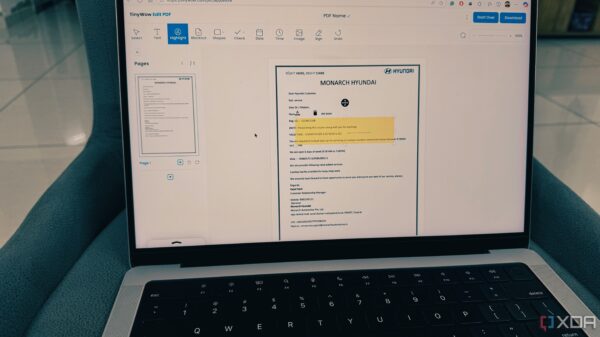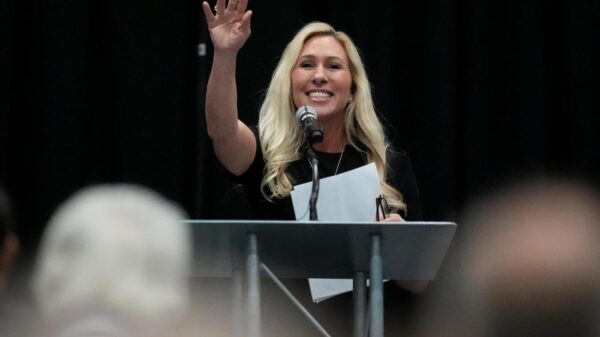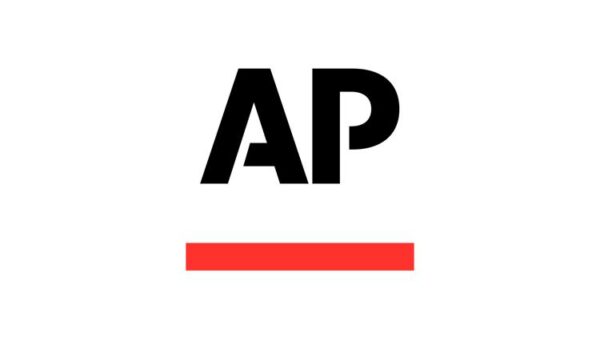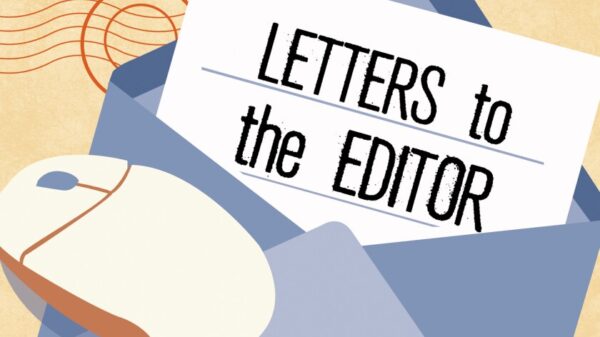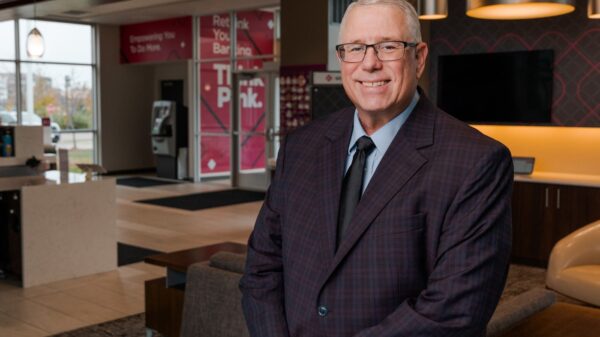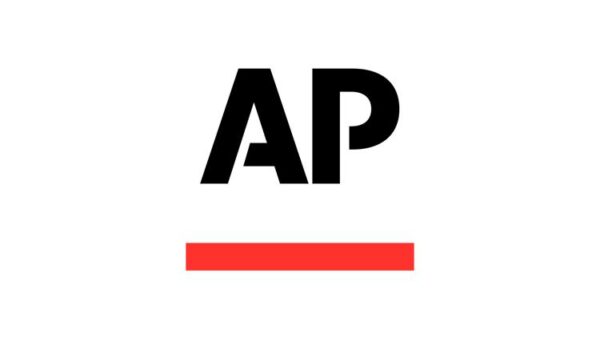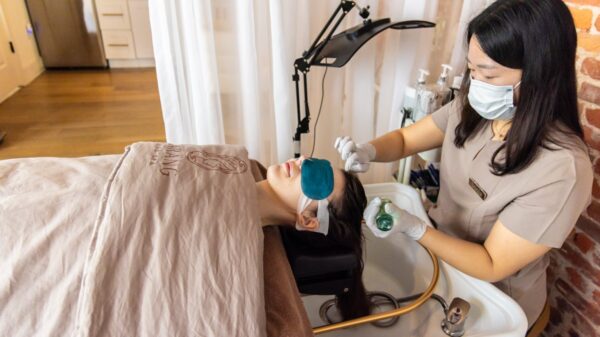Concerns are mounting over a potential decline in the nursing workforce in the United States. Brian Knetl, Dean of the University of Wisconsin-Milwaukee’s (UWM) College of Health Professions & Sciences, recently discussed the implications of this trend for healthcare delivery. His insights highlight the critical need for immediate action to address the anticipated shortage of nurses by 2025.
The discussion was prompted by findings from the National Nursing Workforce Survey, which indicates that the nursing profession is facing significant challenges. According to the survey, nearly 40% of registered nurses (RNs) in the U.S. are expected to retire within the next decade. This statistic raises alarms about the sustainability of healthcare services, especially as the demand for nurses continues to increase due to an aging population and heightened healthcare needs.
Knetl emphasized that the ramifications of a nursing shortage extend beyond mere numbers. “A decrease in the nursing workforce will directly affect patient care and health outcomes,” he stated. The dean pointed out that nurses play an essential role in healthcare systems, serving as primary caregivers and often being the first point of contact for patients. The potential gap in nursing staff could lead to increased workloads for remaining nurses, exacerbating stress and potentially compromising the quality of care.
The situation is further complicated by the ongoing impacts of the COVID-19 pandemic. Many healthcare professionals have experienced burnout, prompting some to leave the field entirely. As Knetl noted, the pandemic has intensified existing issues within the nursing workforce, making retention and recruitment of new nurses more challenging than ever.
In response to these concerns, the UWM College of Health Professions & Sciences is actively working to enhance its nursing programs. The college aims to attract more students to the nursing field and ensure that graduates are well-prepared to meet the demands of modern healthcare. “We are focusing on innovative training methods and partnerships with healthcare providers to create a pipeline of qualified nurses,” said Knetl.
Moreover, UWM is collaborating with state and national organizations, including the American Association of Colleges of Nursing, to advocate for policies that support nursing education and workforce sustainability. These efforts are crucial in addressing the systemic issues that contribute to the nursing shortage.
As the healthcare landscape evolves, the urgency for solutions becomes increasingly apparent. The UWM College of Health Professions & Sciences is committed to addressing these challenges head-on, striving to ensure that the nursing profession remains robust and capable of meeting future demands. The proactive steps taken now will be vital in shaping a resilient healthcare system for years to come.
In conclusion, the potential decrease in the nursing workforce represents a significant challenge for healthcare in the United States. With the insights from Dean Brian Knetl and the collective efforts of educational institutions and healthcare organizations, there is hope for mitigating the impact of this looming crisis.




